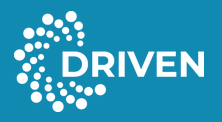SWIFTVILLE has been awarded as the most successful game in the concluding stage of the Redesigning Global Farming & Food Systems Master’s course in Wageningen University & Research.
Social & Environmental Innovation for Sustainability

Global challenges demand the orientation of research and innovation processes beyond their purely technological or economic dimensions. INGENIO aims to advance processes of social innovation, responsible research and innovation, and the development of sustainable socio-economic models that promote more inclusive societies.
-
 Míriam Acebillo-Baqué
Míriam Acebillo-Baqué
-
 Isabel Aparisi Cerdá
Isabel Aparisi Cerdá
-
 José David Barberá Tomás
José David Barberá Tomás
-
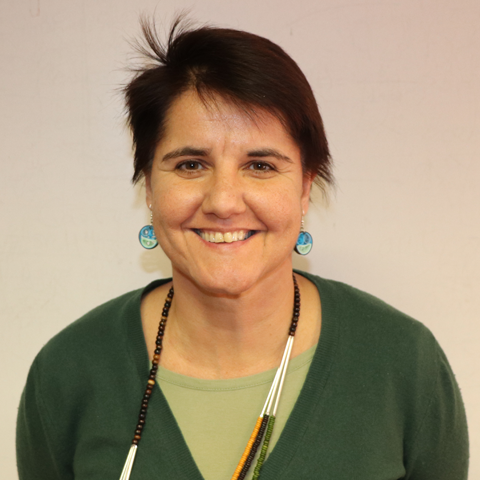 Alejandra Boni Aristizabal
Deputy director
Alejandra Boni Aristizabal
Deputy director
-
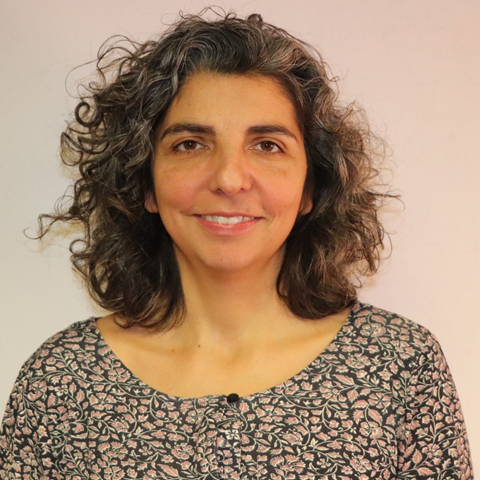 Carola Calabuig Tormo
Carola Calabuig Tormo
-
 Mª del Mar Calvet Nogués
Investigadora Predoctoral
Mª del Mar Calvet Nogués
Investigadora Predoctoral
-
 Inanna Catalá Miguel
Inanna Catalá Miguel
-
 Cristina Chaminade
Profesora de Investigación - CSIC/INGENIO
Cristina Chaminade
Profesora de Investigación - CSIC/INGENIO
-
 Davide Consoli
Davide Consoli
-
 Graeme Dean
Graeme Dean
-
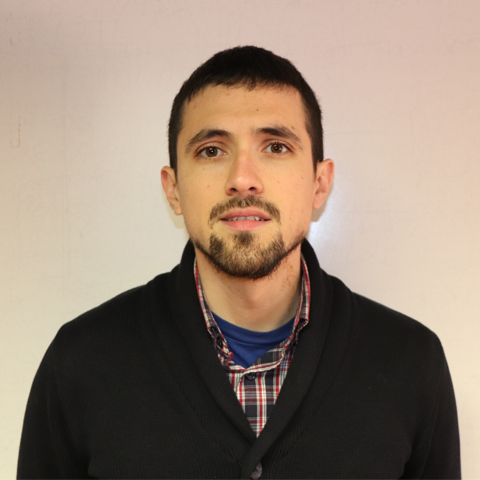 Carlos Delgado Caro
Carlos Delgado Caro
-
 Ana Escario Chust
Ana Escario Chust
-
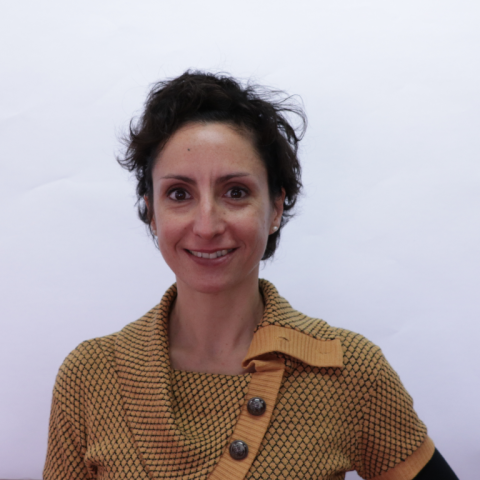 Eliana Fernández Fortunato
PhD Candidate
Eliana Fernández Fortunato
PhD Candidate
-
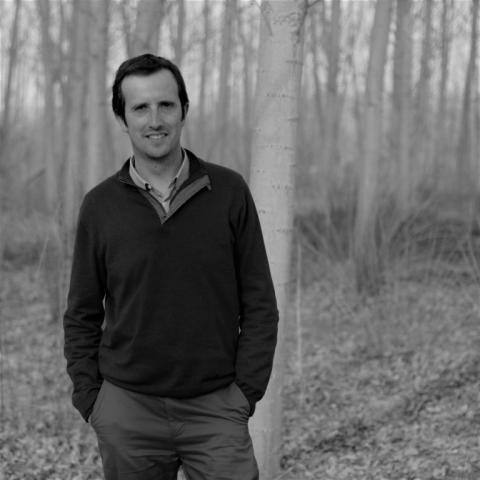 Pablo Fernández Méndez
Postdoctoral researcher
Pablo Fernández Méndez
Postdoctoral researcher
-
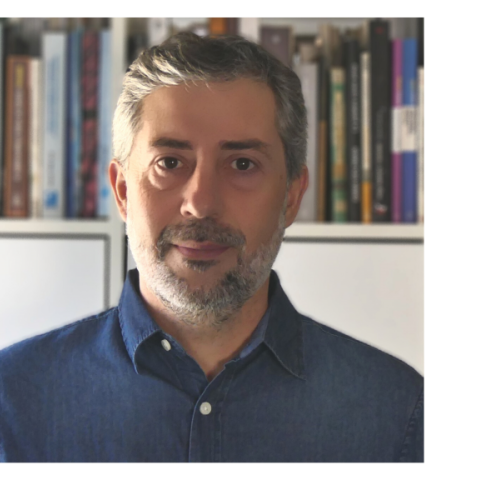 Álvaro Fernández-Baldor Martinez
Álvaro Fernández-Baldor Martinez
-
 Cristina Galiana Carballo
Personal de investigación PhD doctoranda
Cristina Galiana Carballo
Personal de investigación PhD doctoranda
-
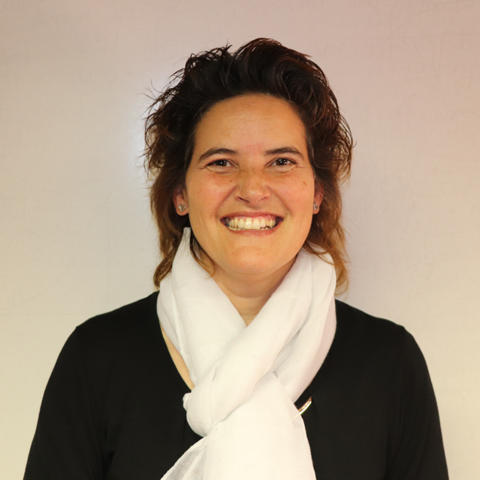 Adela García Aracil
Adela García Aracil
-
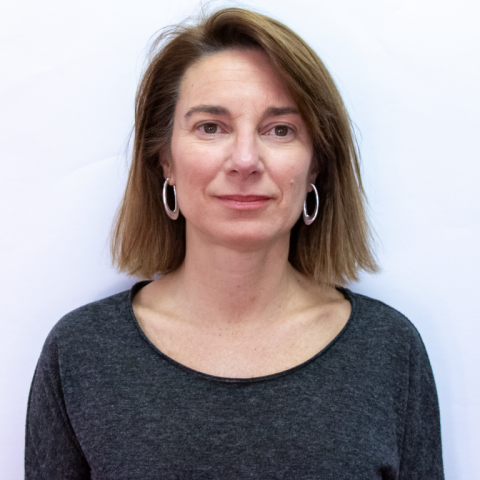 Mónica García Melón
Mónica García Melón
-
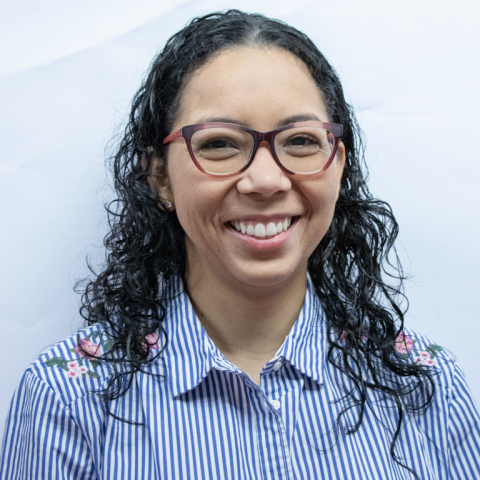 Hannia González Urango
Hannia González Urango
-
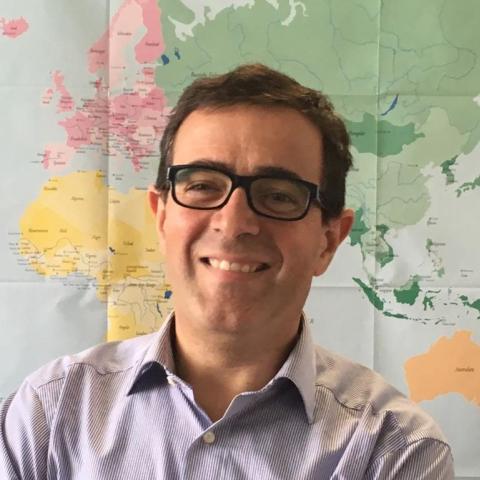 José-Félix Lozano Aguilar
Full Professor for moral philosophy
José-Félix Lozano Aguilar
Full Professor for moral philosophy
-
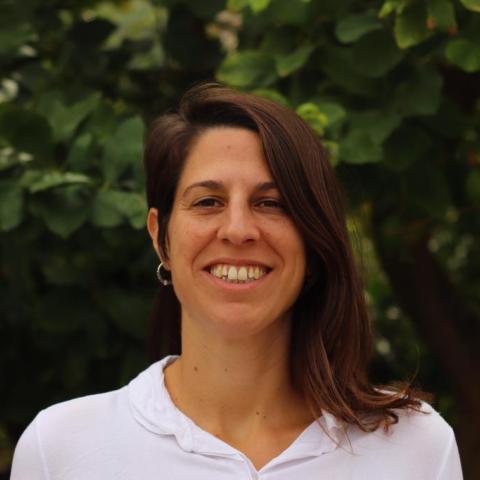 Raquel Luján Soto
Postdoc researcher Juan de la Cierva
Raquel Luján Soto
Postdoc researcher Juan de la Cierva
-
 Ruth M-Domènech
Ruth M-Domènech
-
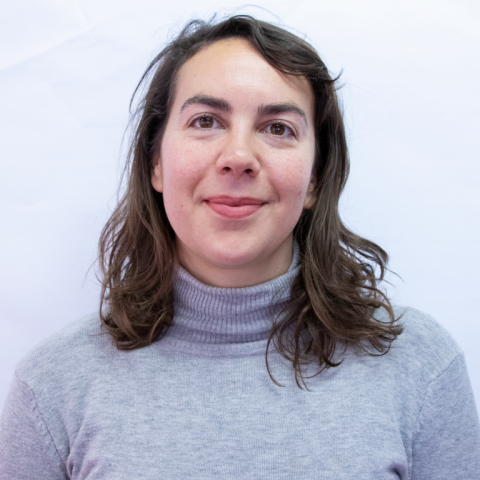 Paula Otero-Hermida
Paula Otero-Hermida
-
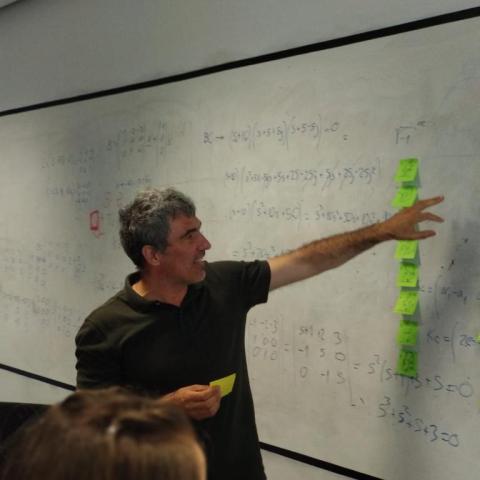 Guillermo Palau Salvador
Guillermo Palau Salvador
-
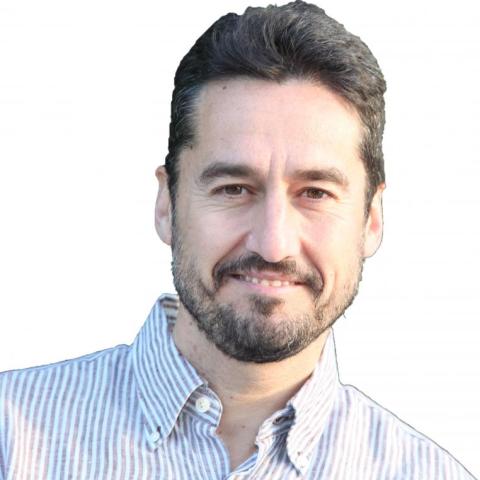 Jordi Peris Blanes
Jordi Peris Blanes
-
 Yinglong Qiu
Yinglong Qiu
-
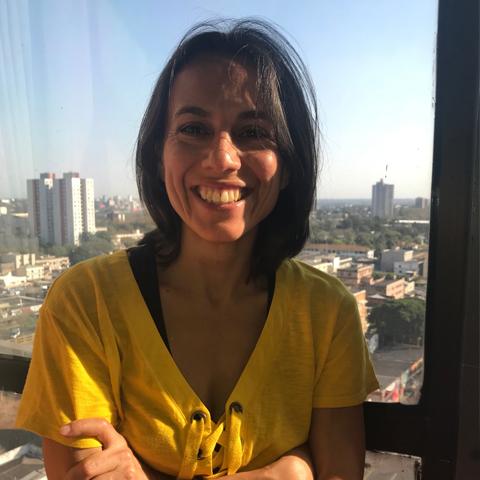 Marta Guadalupe Rivera Ferre
Research Professor
Marta Guadalupe Rivera Ferre
Research Professor
-
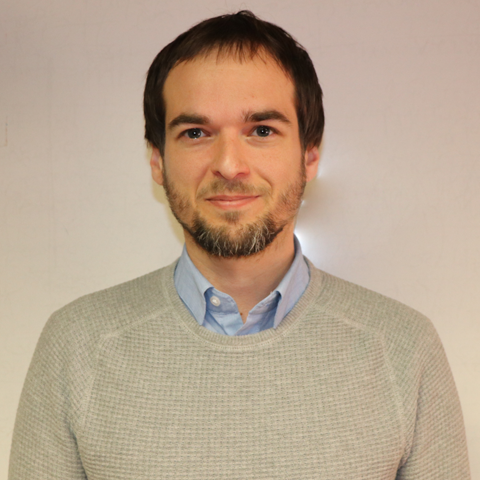 Sergio Segura Calero
Investigador Posdoctoral
Sergio Segura Calero
Investigador Posdoctoral
-
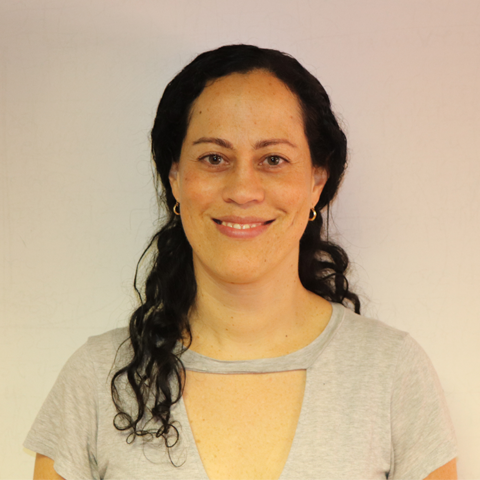 Paulina Terrazas Valdés
Paulina Terrazas Valdés
Last week, Bipashyee Ghosh, research Fellow at SPRU - Science Policy Research Unit, University of Sussex Business School gave a presentation about "Urban movility transitions in the Global South. A research and action agenda" for the students of the Postgraduate degrees in Innovation for Social and Environmental Transformation.
This Friday, Pablo Fernández Méndez, INGENIO (CSIC-UPV)'s researcher, will participate as speaker in Climate-KIC's workshop: "Developing a Transformative Theory of Change". The event will be at 10:00.
Pablo F. Méndez, INGENIO (CSIC-UPV)'s researcher, has published an article in Earth System Governance Journal about systemic risks in the Anthropocene and lessons learned from COVID-19. The article is entitled: "Blue uncertainty: Warding off systemic risks in the Anthropocene—Lessons from COVID-19".
In the article, Méndez talk about radical uncertainty, complexity-based approaches, transdisciplinary teams, and a "mental leap" to tackle COVID-19's Post-Normal wicked swan and global environmental systemic risks in the Anthropocene.
Reimagining Urban Futures: Insights from Ukrainian Recovery Research
18/01/2024 Oksana Udovyk - INGENIO (CSIC-UPV)After more than a year of research at INGENIO, I invite you to an immersive exploration of the trajectory of Ukrainian cities during and post-war reconstruction. This seminar unveils a multifaceted analysis merging: a) network mapping of ongoing initiatives and actors within Ukraine, b) perspectives on net-zero transformation, and c) visionary exploration by Ukrainian refugees.
Inclusión energética y vulnerabilidad socioespacial – informes de investigación en Valencia (España) y contribuciones a la realidad brasileña
21/12/2023 Heleniza Campos - Universidad Federal de Rio Grande do SulLa presentación surge del desarrollo del proyecto titulado "Inclusión Energética de Asentamientos Precarios en Situación de Vulnerabilidad Socioespacial", con el apoyo del Programa Institucional de Internacionalización (PRINT) de la Fundación Coordinación de Perfeccionamiento de Personal de Nivel Superior (CAPES), durante la estancia realizada entre octubre y diciembre de 2023 en Valencia en INGENIO. La investigadora y su alumna de doctorado, Sabrina Trejes Marengo, contaron con el apoyo institucional del investigador de INGENIO, Prof. Álvaro Fernandez-Baldor.
System dynamics as a tool for modelling complex systems
23/11/2023 Tommaso Brazzini - University of ValladolidIn this presentation I will describe briefly the work within The Group of Energy, Economy and Systems Dynamics (GEEDS) at the University of Valladolid and how system dynamics can help solve certain crucial questions for the socio-ecological transition. Integrated assessment models have the characteristics of including several sectors that interact with each other, system dynamics specifically include the mechanism of feedback loops among different sectors that will be shown in the presentation.
Rethinkin university community partnerships contribution to community climate well-being: insights from Malawi
27/07/2023 Chimwemwe Phiri - University of the Free StateChimwemwe will discuss opportunities for partnerships, priorities, and contributions of university-community partnerships for climate adaptation in Malawi. He will further share insights on how the human development approach, which foregrounds people-centeredness to development and focuses on expanding the richness of human life aside from the richness of the economy, can be applied to design university-community partnership models for the climate change approach in Malawi.
Smart Cities – Delivering Public Value through Responsible Urban Digital Innovation
20/07/2023 Jennifer Schooling - Cambridge Centre for Smart Infrastructure and ConstructionDr Schooling will discuss the opportunities and challenges presented by city-scale digitalisation, with a focus on three core aspects: governance, ethics and technology. She will describe the findings of the Digital Cities for Change programme, funded by the Ove Arup Foundation, which evaluates both the existing structures and systems of city and infrastructure management, and investigates how digital tools can help better decision-making within these areas.
Temporary Rivers: Management Tools for Climate Change Adaptation
02/06/2023 Paolo Vezza - Politecnico di TorinoTemporary rivers (TRs) are defined as watercourses that may dry up for some period of time within the year. At the global scale, TRs represent more than 50% of the world’s river network, demonstrating that non-perennial rivers are the rule rather than the exception on Earth. In addition, TRs are becoming more and more common in this era due to the combined effect of climate change and increasing water demand. TRs have been overlooked by hydrologists. Most freshwater science has been focused on the management and conservation of perennial rivers (i.e., rivers that continuously flow).
Geeks, Robots, and Grand Challenges: Prototyping collective identity within an emerging autonomous vehicle field
25/05/2023 Chris Hayter - Arizona State University School of Public AffairsThe recent emergence of an autonomous vehicle (AV) industry in the U.S. has been attributed primarily to the 2004-2007 DARPA Grand Challenges, three competitions during which teams constructed robots to transverse a desert racecourse (2004-2005) and complete a series of simulated urban driving scenarios (2007).
Human-centred AI Security, Ethics and Privacy
16/02/2023 José M. Such - King’s College LondonThis talk will have two main parts: 1) risks in AI systems; 2) AI for online safety. In the first part, I will talk about three risks of using AI: security, privacy, and discrimination. I will show that attacks that can be performed to exploit AI models and attack the systems that use them, that AI-based systems can be privacy-intrusive, and that AI-based systems may have biases that may lead to discriminate against particular types of users (e.g. based on gender/ethnicity). I will then outline our current research and projects on making AI safer.
Consortium: un juego para repensar el sistema económico y sus alternativas transformadoras
01/12/2022 Raúl Contreras - NittúaCuando el modelo económico trabaja de espaldas a la vida y la sociedad hace propuestas transformadoras necesitamos que estas propuestas lleguen muy lejos. Para que esto ocurra debe ser entendido, lo que no siempre es fácil. En este seminario practicaremos con el juego Consortium que es un juego que traslada el conocimiento sobre el sistema económica y las alternativas de una forma sencilla y divertida.
¿Cómo trabajar la prospectiva en tiempos de decrecimiento? Introducción a la Teoría de Sistemas ante un horizonte de crisis multifactoriales
25/11/2022 José Albelda - Universitat Politècnica de València"Líbrate de vivir tiempos interesantes", decían en la China de la antigüedad, refiriéndose a las épocas de ruptura de la continuidad civilizatoria. Pero nos ha tocado vivir una, y debemos afrontarla lo mejor posible. En tiempos de necesario cambio de nuestras dinámicas sociometabólicas, con el llamado "final de la abundancia" -de recursos energéticos, materiales, de capacidad de sumideros...-, no tiene sentido vivir y proyectar como si todo fuera seguir las inercias que conocemos, porque no va a ser así.
¿Qué son y cómo se hacen a las Agendas Compartidas? Contexto, enfoque metodológico y estudios de caso
05/10/2022 Tatiana Fernández, Xavier Gironès, Diana Velasco & Míriam Acebillo-Baqué - Generalitat de Catalunya & INGENIO [CSIC-UPV]El objetivo del seminario es presentar el trabajo que INGENIO viene desarrollando desde julio del 2021 junto con la Generalitat de Catalunya en el marco del proyecto “Ítaca: Innovación transformadora en agendas compartidas”. Las agendas compartidas son instrumentos metodológicos clave en la estrategia de investigación e innovación para la especialización inteligente de Cataluña (RIS3CAT).
Gobernanza Multinivel e Innovación Social. Caso del CIMAD de la Universidad de Manizales (Colombia)
08/09/2022 Martha Lucia García Naranjo - Centro de Investigaciones en Medio Ambiente y Desarrollo de la Universidad de Manizales (Colombia)La investigadora Martha Lucia García Naranjo, de la universidad de Manizales (Colombia) presentará la propuesta de Gobernanza multinivel e innovación social como una alternativa para direccionar los procesos misionales del Centro de Investigaciones en Medio Ambiente y Desarrollo de dicha universidad, a la luz de la política nacional de ciencia, tecnología e innovación y en la búsqueda de ser reconocido como un centro de excelencia por el Ministerio MINCIENCIAS de Colombia.
The human dimension of transformative innovation ecosystems dynamics
21/07/2022 Carlos Montalvo - TNOThere is increasing attention to the role of government to steer and speed the direction of social and economic development in order to face the societal challenges of our time. There is the belief amongst the epistemic community working in science and technology policy research that change is required and that innovation can play a major role. The notion of transformative innovation encapsulates the idea that a radical change in practices and behaviour of all actors across society is needed. But who is in position to lead or influence such change?
Soberanía alimentaria y Cambio climático: una lectura desde los informes del IPCC
06/07/2022 Marta Guadalupe Rivera Ferre - INGENIO [CSIC-UPV]La propuesta de la soberanía alimentaria cuyos pilares están ci
Local knowledge anchors for green regional restructuring: The development of the bioeconomy in Lower Austria
02/06/2022 Alessio Giustolisi - Department of Geography and Regional Research, University of ViennaIn light of grand societal challenges there is an increasing awareness of the need for transformative innovation policies. So far, the literature on this topic has paid insufficient attention to the role of the regional policy level. Transformative innovation policy approaches have received critique for lacking sensitivity and attention to context-specific factors and for advocating rathe rather ‘place blind’ policies. Over the past few years, scholarly work has begun to give more attention to such policies on a regional scale.
The intersection of local political contexts, urban food governance and local food systems
19/05/2022 Tanya Zerbian - University of Central LancashireGiven the importance that current food-related challenges pose to our society, the potential of local food initiatives to address sustainability has gained increased academic attention. Nevertheless, research has increasingly demonstrated that local food initiatives might also have adverse effects and thus are limited in fulfilling their sustainability potential.
Transition Topology: Capturing Institutional Dynamics in Regional Development Paths to Sustainability
08/04/2022 Simone Strambach y Gesa Pflitsch - University of MarburgRegional institutional settings significantly influence the pace and scope of sustainability transitions. However, the complex institutional dynamics underpinning 'Regional Transition Paths to Sustainability' (RTPS) are not well understood. In this seminar we will elaborate how a focus on organizational change can help to make visible hidden institutional dynamics in RTPS. Starting from this, we will introduce the method of 'Transition Topology' and illustrate its application possibilities and potentials using different empirical examples.
Hacia una transición energética ecosocial justa. Aportaciones para un cambio de modelo desde el ámbito municipal
18/02/2022 Alba del Campo - UPV- EHUPara que la transición energética que hay en marcha contribuya a fines como la justicia social, la profundización de la democracia y la sostenibilidad ambiental, ha de plantear una transformación de las relaciones de poder imperantes. Las lógicas mercantilistas y extractivistas del actual modelo energético y sus impactos sociales y ambientales nos afectan de manera desigual. La transición energética hacia un modelo 100% renovable no implica que este modelo sea justo, viable o sostenible.
Presentation of the European project RISIS2
03/02/2022 François Perruchas - INGENIO [CSIC-UPV]A presentation of the European project RISIS to which INGENIO participates. RISIS (European Research Infrastructure for Science, technology and Innovation policy Studies) aims at building a data and services infrastructure supporting the development of a new generation of analyses and indicators about Science, Technology and Innovation (STI). It provides 14 datasets about STI, services for data enhancement and analysis (e.g. geocoding, network analysis), and a portal to access and connect these datasets and services.
Impactos sociales y ambientales de los sistemas agroalimentarios globalizados: una transformación radical necesaria
28/01/2022 Marta Guadalupe Rivera Ferre - INGENIO (CSIC-UPV)La conferencia abordará los múltilples impactos que el actual modelo agroalimentario está teniendo en todo el mundo. Aunque estos impactos tienen distinta expresión en los distintos países y territorios, en conjunto nos hablan de un modelo global profundamente insostenible que requiere de una transformación sistémica profunda.

